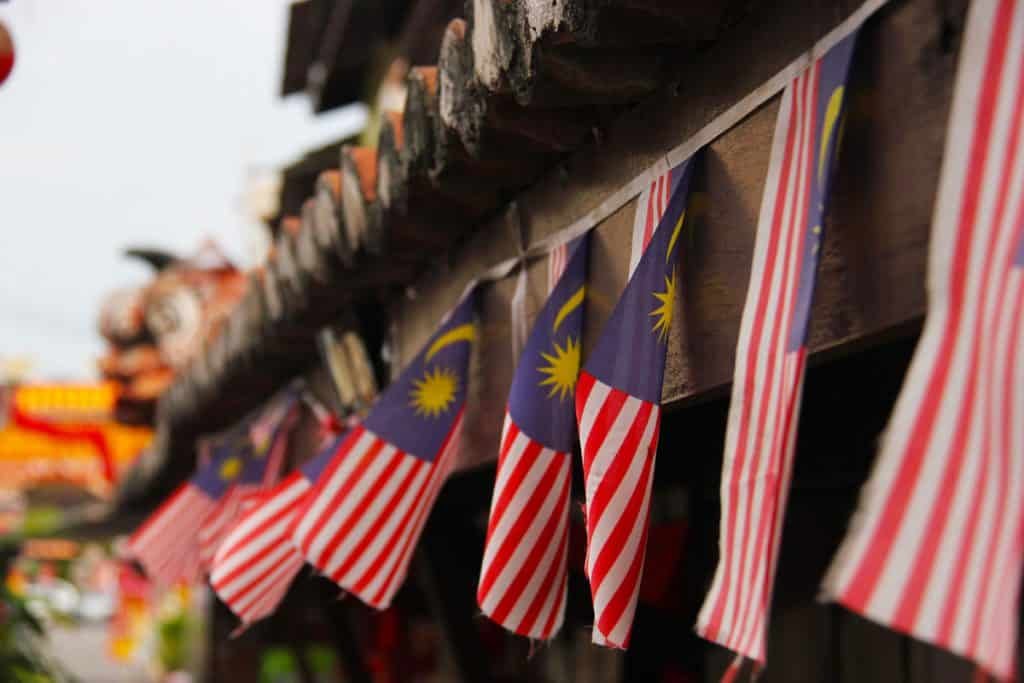
Introduction to Malaysia
Malaysia is a federal constitutional monarchy in Southeast Asia. The capital city is Kuala Lumpur, while Putrajaya is the seat of the federal government. Malaysia is a multi-ethnic and multi-cultural, which plays a large role in politics. The constitution declares Islam the state religion while protecting freedom of religion. The government system is closely modeled on the Westminster parliamentary system and the legal system is based on common law. The head of state is the king, known as the Yang di-Pertuan Agong. The head of government is the Prime Minister.
Malaysia has had one of the best economic records in Asia, with GDP growing an average 6.5% for almost 50 years. The economy has traditionally been fueled by its natural resources, but is expanding in the sectors of science, tourism, commerce and medical tourism. Today, Malaysia has a newly industrialized market economy, ranked third largest in Southeast Asia.
Climate
The weather in Malaysia is sunny and rainy all year without extreme cold or hot weather conditions. The main variable of Malaysia’s climate is not temperature or air pressure, but rainfall. In general, the climate of Malaysia can be described as typical tropical climate. Malaysia has extreme variations in rainfall that are linked with the monsoons. Generally speaking, there is a dry season (June to September), and a rainy season (December to March).
Geography
Malaysia is the 67th largest country by total land area, with a land area of 329,847 km2. It has land borders with Thailand in West Malaysia, and Indonesia and Brunei in East Malaysia. It is linked to Singapore by a narrow causeway and a bridge. The country also has maritime boundaries with Vietnam and the Philippines.
Demographics
As of the 2010 census, the population of Malaysia was 28,334,135, making it the 42nd most populated country. The population of Malaysia consists of many ethnic groups. In 2010, Malaysian citizens, of which bumiputera were 67.4%, made up 91.8% of the population. According to constitutional definition, Malays are Muslims who practice Malay customs and culture. They play a dominant role politically.
Education
Undergraduate studies consist of bachelor degree levels and professional studies while postgraduate studies consist of master degrees and PhDs. Generally, higher education at the diploma level is for secondary school certificate (SPM) holders from the age of 17 onwards whereas pursuing a bachelor degree requires post-secondary qualifications such as STPM (which is equivalent to the GCE ‘A’ level) or other equivalent pre-university qualifications.
The Malaysian education structure can be divided into pre-tertiary and higher education levels. There are two governing authorities in the education sector. Pre-tertiary education (i.e. from pre-school to secondary education and teacher education) is under the jurisdiction of the Ministry of Education Malaysia (MOE) while higher education is the responsibility of the Ministry of Higher Education Malaysia (MOHE).
The Universities of Malaysia are among some of the top universities in the world; the total number of universities in Malaysia is more than 100 universities including foreign institutions. This includes one of the world’s best institutions.
Distinct Advantages of study in Malaysia
• Established and high quality education system and standards
• Malaysia’s higher education system is of international standards, closely monitored by the Ministry of Higher Education, which has the vision to turn Malaysia into a Center of Excellence for Higher Education.
• The Malaysian Qualifications Agency (MQA) under the Ministry of Higher Education is a quality assurance body responsible for monitoring and overseeing the quality assurance practices and accreditation of national higher education.
• Ability to get foreign degree qualifications studying fully in Malaysia from countries like US, UK, Australia, Canada, etc. at a much lower cost
• In Malaysia, international and local students are able to get foreign degree qualifications from universities in Australia, US, UK, France, Canada, etc. through twinning and 3+0 degrees, as well as foreign university campuses that are already setup in Malaysia.
• The infrastructure in Malaysia is one of the most developed in Asia with state-of-the-art health care and medical facilities, advanced telecommunications infrastructure, world-class university campus and facilities, and best expressway network in South East Asia.
• Comparatively low expenditure of studying and living in Malaysia
• The expenditure of studying and living in Malaysia is comparatively low to countries like Australia, US, UK, France, Canada, etc. as the Malaysian currency conversion is advantageous.
• Straightforward immigration procedures
• International students benefit from the easy and trouble-free immigration procedures as compared to many other countries which have tighter student immigration procedures.
• Comfortable, peaceful and safe living in Malaysia
• Malaysia is one of the safest and most political stable countries in the world with a relatively low crime rate and the country is free from most natural disasters which makes it an attractive country to live in.
• Malaysia is a friendly, beautiful and culturally rich country – One that’s extremely good value for money to travel in. It’s modern enough to be comfortable yet full of natural beauty.
• International students benefit from the experience of studying in Malaysia through the exposure of the different cultures and traditions of a multi-racial country which is valuable and not easily available.
• Multi-language country allowing for ease of communication
• English is widely used in Malaysia for daily communications



